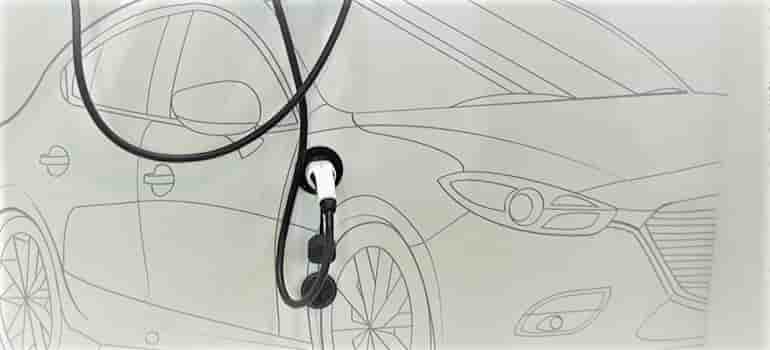Hydrogen fuel cell vehicles and electric vehicles (EVs) are both considered to be alternative fuel vehicles, as they do not rely on gasoline or diesel fuel. However, there are significant differences between the two types of vehicles in terms of how they are powered, their range and refueling time, and their environmental impact.
Hydrogen fuel cell vehicles use a fuel cell to convert hydrogen gas into electricity, which powers the vehicle’s electric motor. The only byproduct of this process is water vapor. Hydrogen fuel cell vehicles have a longer range than EVs, typically around 300 miles on a single tank of hydrogen. Refueling a hydrogen fuel cell vehicle takes about the same amount of time as refueling a conventional gasoline vehicle.
EVs, on the other hand, are powered by a battery that stores electricity. The electricity can come from a variety of sources, including renewable energy sources such as solar and wind power. EVs typically have a shorter range than hydrogen fuel cell vehicles, typically around 200 miles on a single charge. However, the range of EVs is increasing as battery technology improves. Charging an EV can take anywhere from 30 minutes to several hours, depending on the type of charging station and the vehicle’s battery.
In terms of environmental impact, hydrogen fuel cell vehicles have the potential to be more sustainable than EVs. However, this depends on how the hydrogen is produced. If the hydrogen is produced using renewable energy sources, such as solar or wind power, then it can be considered to be a clean and sustainable fuel. However, if the hydrogen is produced using fossil fuels, then it will have a similar environmental impact to gasoline or diesel fuel.
EVs are considered to be more sustainable than hydrogen fuel cell vehicles because the electricity that powers them can come from renewable energy sources. Additionally, the environmental impact of EVs is determined by the source of the electricity used to charge them, which can be much cleaner than hydrogen.
Currently, hydrogen fuel cell vehicles are not as widely available as EVs, and there are fewer refueling stations for hydrogen fuel cell vehicles than there are charging stations for EVs. However, the number of hydrogen refueling stations is increasing, and several major automakers have announced plans to release hydrogen fuel cell vehicles in the near future.
The future of these vehicles is promising, with many automakers investing in the development and production of both hydrogen fuel cell vehicles and EVs. Governments around the world are also providing incentives and subsidies to encourage the adoption of these alternative fuel vehicles. As technology improves and infrastructure for both hydrogen fuel cell vehicles and EVs is built out, it is likely that we will see more of these vehicles on the road in the future.
In conclusion, hydrogen fuel cell vehicles and EVs are both considered to be alternative fuel vehicles that do not rely on gasoline or diesel fuel. Both types of vehicles have their own advantages and disadvantages in terms of range, refueling time, and environmental impact. While EVs are currently more widely available and have more charging stations than hydrogen fuel cell vehicles, the future of hydrogen fuel cell vehicles looks promising as technology improves and the infrastructure is built out. Both vehicles will play a major role in the future of transportation, and the choice between the two will depend on the individual needs and preferences of consumers.


